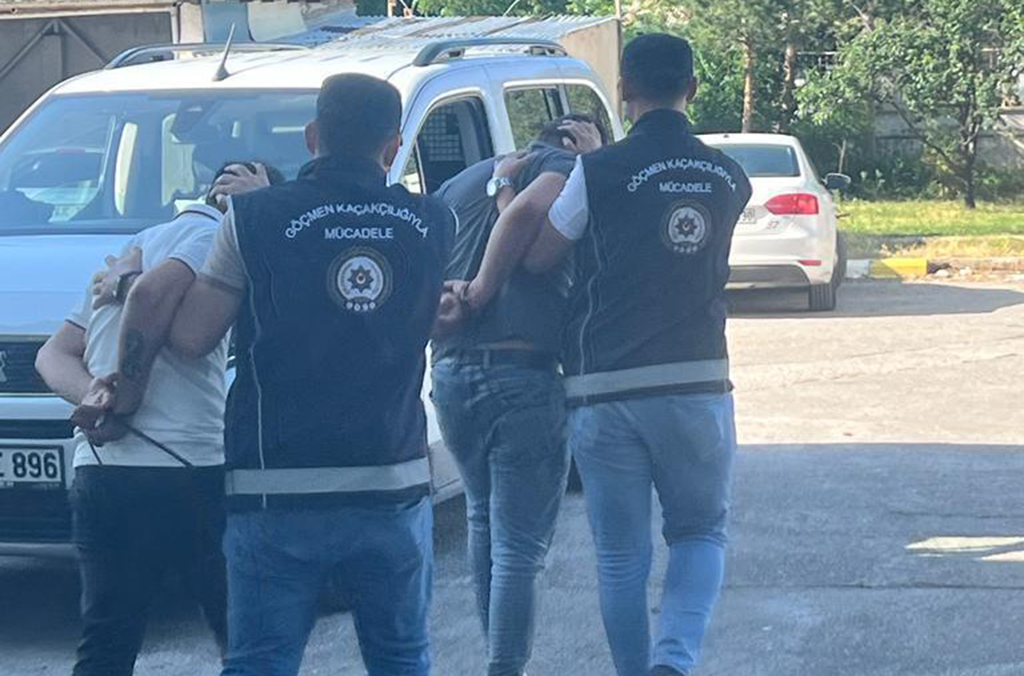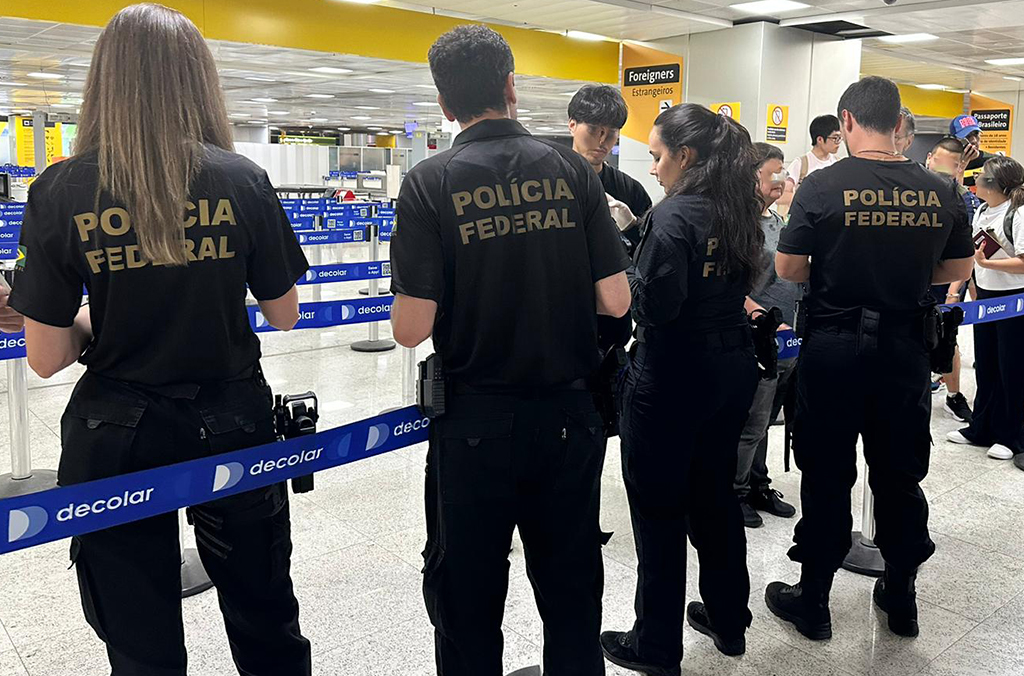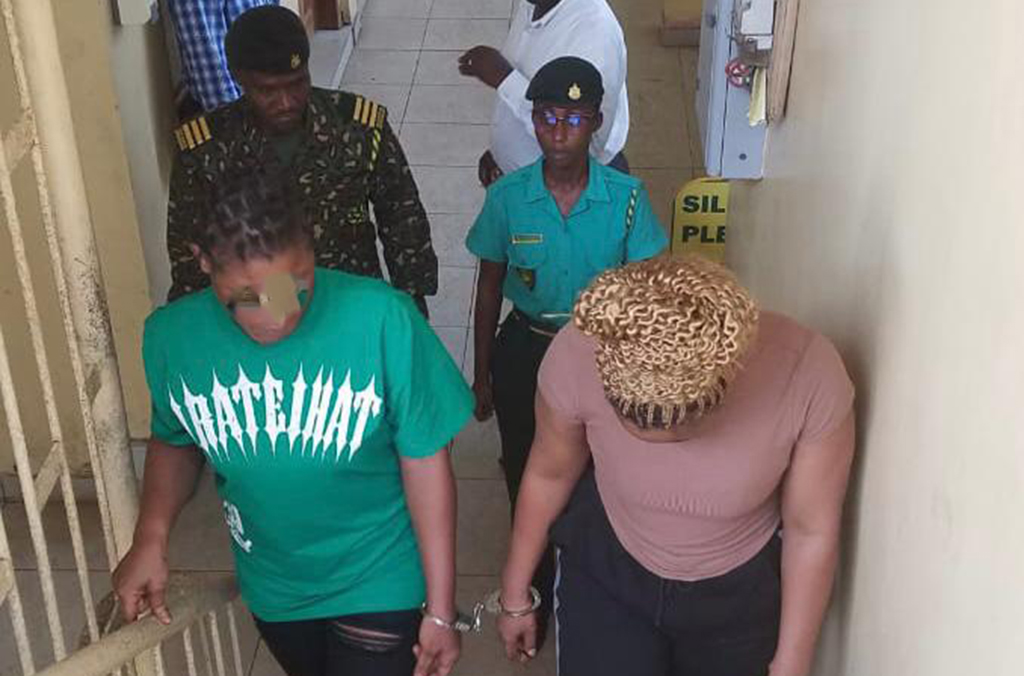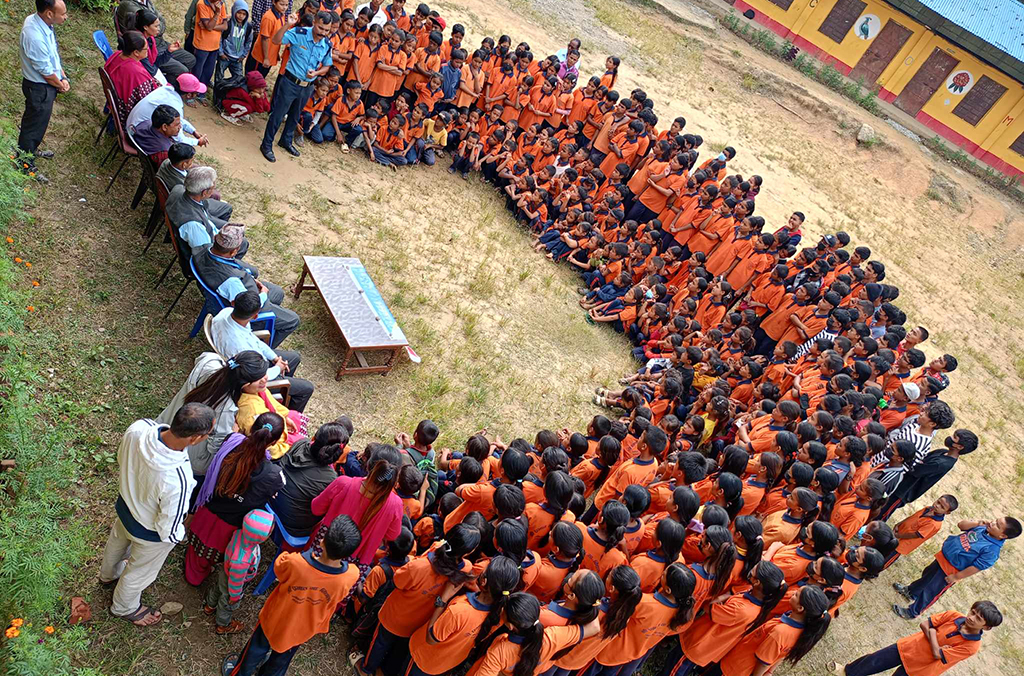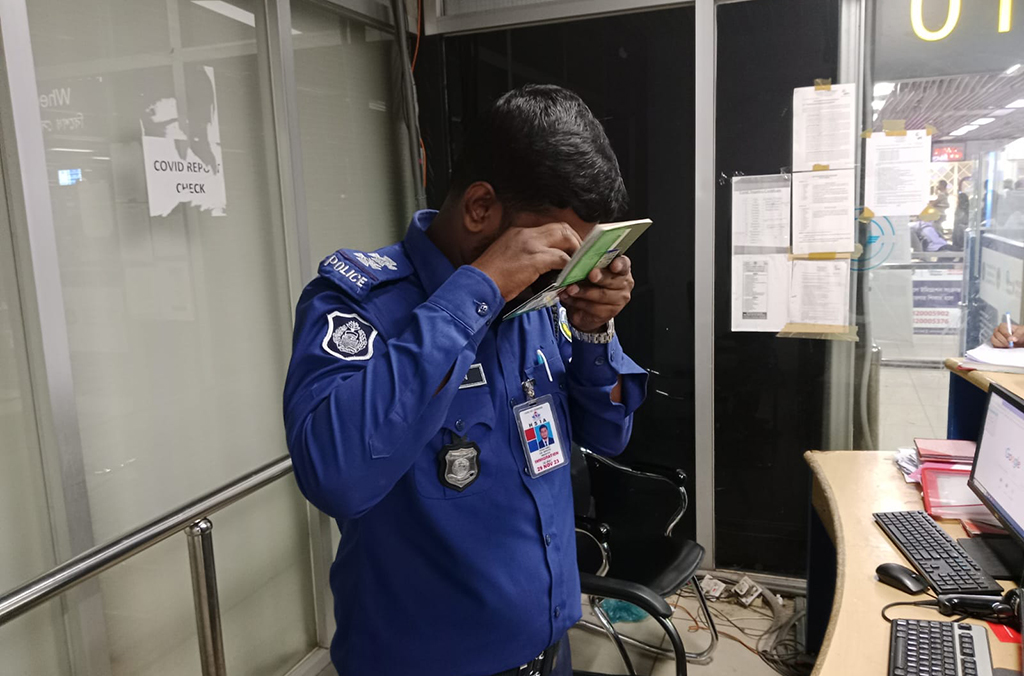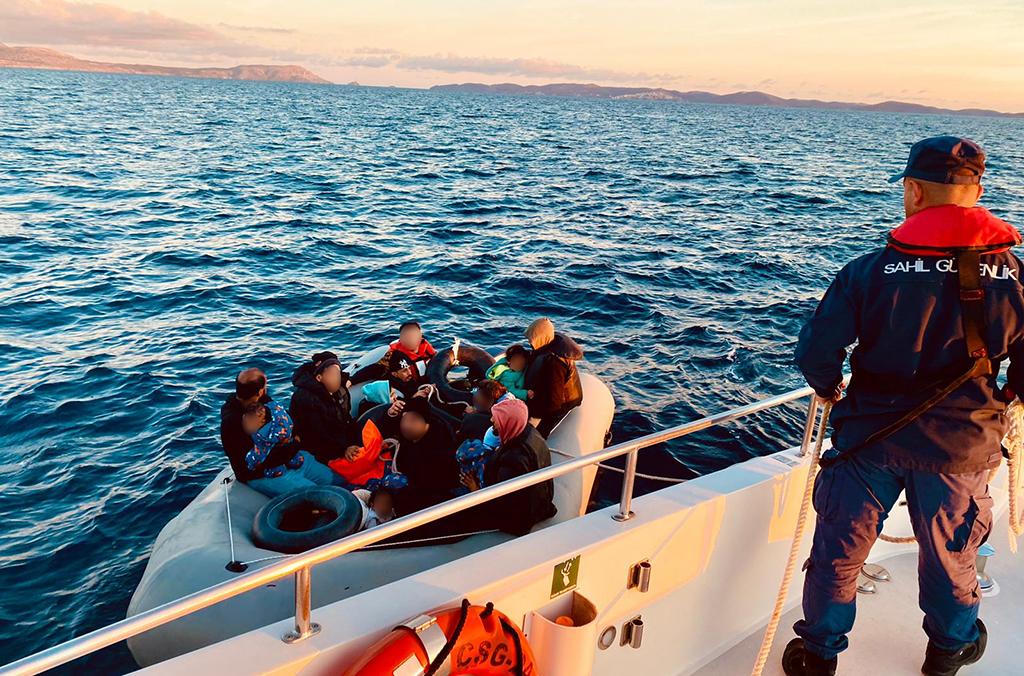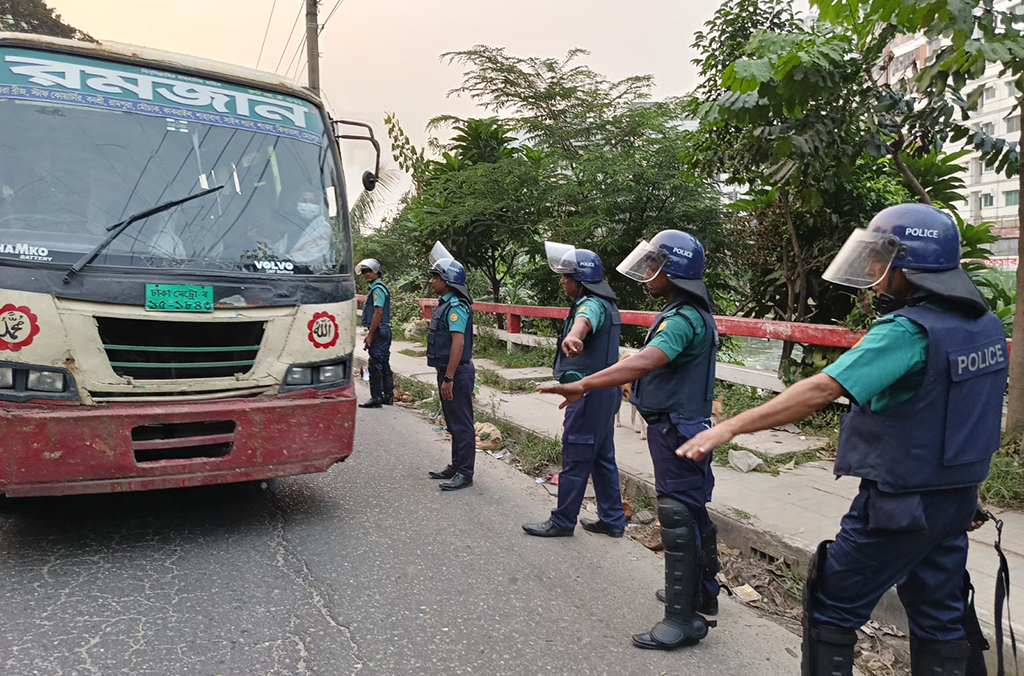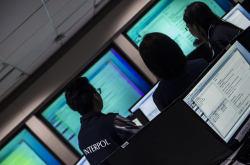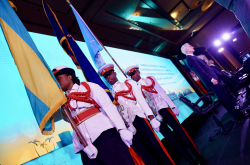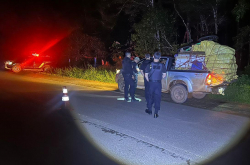LYON, France – The first INTERPOL operation specifically targeting the phenomenon of human trafficking-fuelled fraud has revealed further evidence that the crime trend is expanding beyond Southeast Asia.
Following five months of investigative coordination, law enforcement from participating countries carried out more than 270,000 inspections and police checks at 450 human trafficking and migrant smuggling hotspots from 16-20 October.
Many of the hotspots are regularly used to traffic victims to notorious cyber scam centres in Southeast Asia. Victims are often lured through fake job ads and forced to commit online fraud on an industrial scale, while enduring abject physical abuse. Fraud schemes include fake cryptocurrency investments, as well as work-from-home, lottery and online gambling scams.
In total, the operation resulted in:
- The arrest of 281 individuals for offences such as human trafficking, passport forgery, corruption, telecommunications fraud, and sexual exploitation;
- The rescue of 149 human trafficking victims;
- More than 360 investigations opened, many of which remain ongoing.
Global spread
The cyber scam cases uncovered during the operation demonstrate this expanding geographical footprint.
During the pre-operational phase, INTERPOL supported national authorities for a case in which 40 Malaysian victims were lured to Peru with the promise of a high-paying job, only to be forced to commit telecommunications fraud.
In October, reports were received from Ugandan law enforcement of several citizens taken to Dubai – allegedly for employment – before being diverted to Thailand and then Myanmar. There, the victims were handed over to an online fraud syndicate and kept under armed guard while being taught to defraud banks.
In India, police from the state of Telangana registered one of their first cases of human trafficking for the purpose of cyber fraud. An accountant was lured to Southeast Asia where he was forced to participate in online fraud schemes in inhuman conditions. He was eventually able to leave following the payment of a ransom.
In Myanmar alone, over the past year authorities reported rescuing trafficking victims who originated from 22 countries, largely from Kayin and Shan States.
Focus on prevention
Beyond the cyber scam centres, the operation saw law enforcement uncover a range of other human trafficking and migrant smuggling offences:
- A 13-year-old boy from Bangladesh was rescued after being trafficked to India, following rapid cooperation between the INTERPOL NCBs in each country.
- Two female victims from Nepal, one aged 17, were also rescued and returned home from India. They had been trafficked to New Delhi and trapped in prostitution.
- Turkish law enforcement apprehended 239 migrant smugglers while patrolling the country’s coastline, intercepting nearly 4,000 irregular migrants.
Prevention was also a key focus of the operation, with member countries rolling out awareness campaigns to help potential victims avoid being trafficked.
Checks by police officers at border checkpoints, who looked for tell-tale signs of trafficking among travellers, succeeded in intercepting nearly 800 potential victims across all countries. Many were likely victims of fake recruiters.
In the United Arab Emirates, multiple campaigns were conducted at markets and massage parlours about the key dangers and indicators of human trafficking. Authorities in Nepal ran community outreach programmes throughout the country on the radio, at border crossing points and by distributing pamphlets in public places.
Operation Storm Makers II benefited from funding and capacity building support from the Regional Support Office of the Bali Process as well as financial support from Global Affairs Canada and China’s Ministry of Public Security.
Participating countries: Angola, Australia, Bangladesh, Brazil, Cambodia, China, Ethiopia, Ghana, India, Indonesia, Kazakhstan, Kenya, Laos, Malaysia, Myanmar, Nepal, Pakistan, Philippines, Singapore, South Africa, Sri Lanka, Tanzania, Thailand, Türkiye, Uganda, United Arab Emirates, and Vietnam.
Related news

260 suspected scammers arrested in pan-African cybercrime operation
26 September 2025




